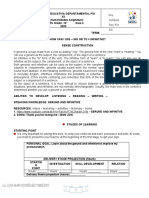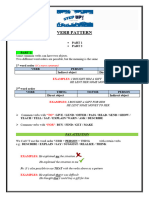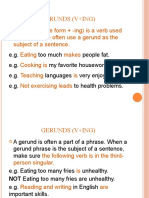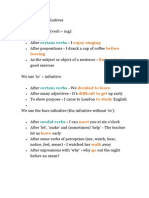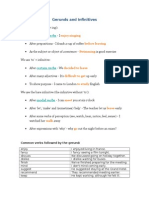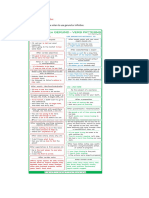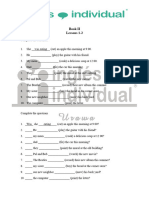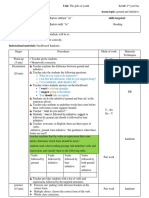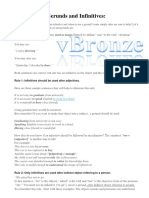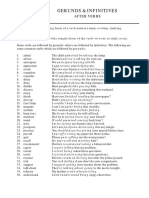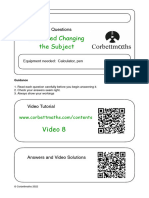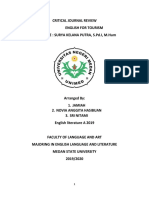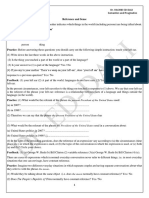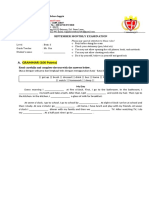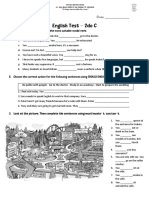0% found this document useful (0 votes)
40 views44 pagesInfinitives and Gerunds
Slides de infinitivo os e gerundios no inglês
Uploaded by
filipegiustidacostaCopyright
© © All Rights Reserved
We take content rights seriously. If you suspect this is your content, claim it here.
Available Formats
Download as PPTX, PDF, TXT or read online on Scribd
0% found this document useful (0 votes)
40 views44 pagesInfinitives and Gerunds
Slides de infinitivo os e gerundios no inglês
Uploaded by
filipegiustidacostaCopyright
© © All Rights Reserved
We take content rights seriously. If you suspect this is your content, claim it here.
Available Formats
Download as PPTX, PDF, TXT or read online on Scribd
/ 44

